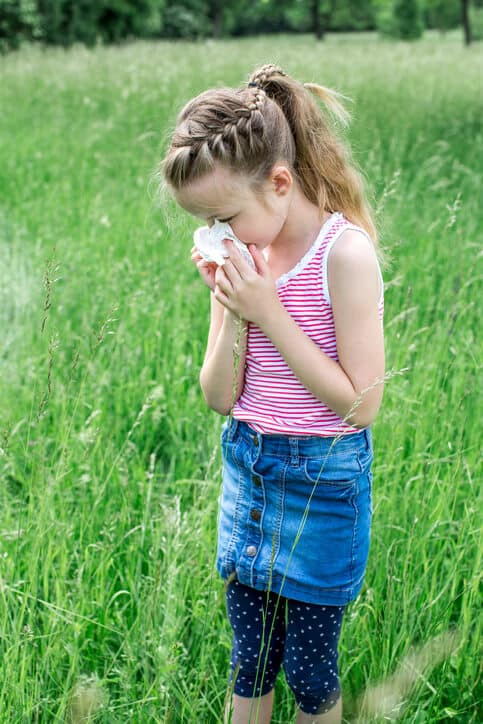
Grass pollen season has arrived! Typically, in our area, the grasses start pollinating in May and will continue through July. Though there are over 1,200 species of grasses in the United States, only a small percentage of them can cause allergies. At Allergy & Clinical Immunology, we perform testing for the grasses that are known to cause seasonal allergies. In addition to a treatment plan that your allergist will provide, we also provide helpful tips aimed at reducing your exposure to grass pollens:
- Keep windows and doors closed in both your home and vehicle. Use air conditioning if available.
- Pollen is released early in the morning, so pollen counts near the source will typically be highest in the morning. Avoid outdoor activities between 5 a.m. and 10 a.m. However, because pollen travels freely on warm, dry, windy days, pollen levels can peak at the middle of the day.
- Ideally, have someone else do the yardwork, or wear a mask if you are doing it yourself.
- Keep grass short to prevent seeding.
- Avoid using window or attic fans.
- Do not dry clothes outdoors. Pollen will stick to them.
- Change your clothing when you come indoors. Showering after spending time outdoors during pollen season will remove pollen from your person and avoid spreading it through your home.
- Wear sunglasses outdoors to help protect your eyes from pollen.
- Be aware that pets can bring in pollen on their fur. Don’t allow pets that spend time outdoors in your bedroom.
If these tips aren’t helping, we recommend working with an allergist to help understand your grass allergy and reduce symptoms.